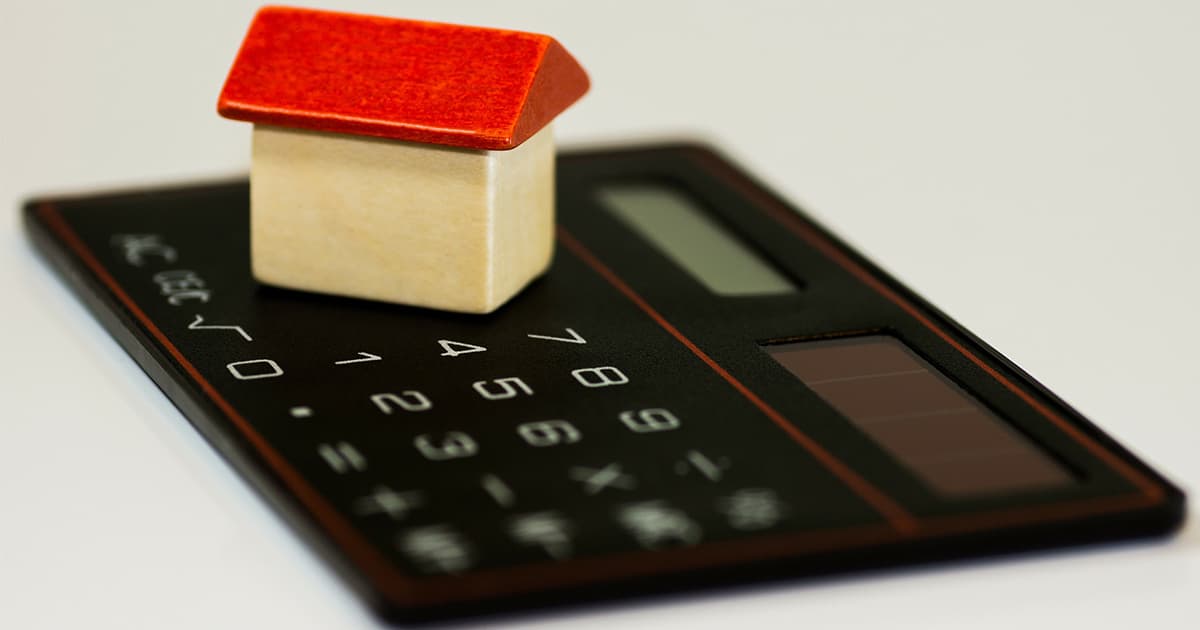Buying or selling a property is a huge life event. For many, the terminology used by estate agents and mortgage lenders can be confusing, especially if you are new to the property market. We’re explaining the essential terminology that you need to know if you are buying or selling a home;
Annual Percentage Rate (APR)
The APR is the rate of interest that will be paid back on a mortgage. These are either a fixed rate for a set period of time or an adjustable rate that is based on an index and changes over time.
Appraisal
Conducted by a specialist appraiser, an appraisal is a search which reveals the estimated value of a property. It is comprised of a physical inspection of the property and also a comparison of other similar properties which have been sold in the local area.
Bridging Loan
A bridging loan is a short term solution for funding between property sales. They are designed to bridge the gap between purchasing one home and selling another.
Buy-To-Let
This is a type of mortgage that is required if you are buying a property in order to rent it out to tenants. A buy-to-let mortgage is also required if you decide to let out a current property.
Chain
A chain is an extremely common situation in property sales. It refers to the situation when others are selling a property at the same time, and the sales are reliant on one another. It can mean that if just one party doesn’t sell for any reason, then the whole chain can collapse.
Closing Costs
When you are buying a home, you will be required to pay closing costs throughout the mortgage process. These include recording fees, legal fees and various other fees that can be associated with buying property.
Deeds
Deeds are a set of legal documents which help to define the boundary and ownership of land and property.
Deposit
This is the amount of money that is required to be put down by a property buyer in order to secure a mortgage.
Energy Performance Certificate (EPC)
An EPC is an energy performance rating for a property. The ratings can vary from G (least efficient) to A (most efficient) and this certificate can also give advice on how to improve your property’s rating. This is a legal requirement when selling your home.
Equity
The difference between the property value and the mortgage amount is known as your equity. It will increase over time as you pay off your mortgage and also if the property value increases.
Exchange Of Contracts
The exchange of contracts is the point in the buying and selling process when both parties will be legally bound to complete the sale.
Freehold
A freehold is when you buy a house in order to own it and the land that it is on.
Interest Only Mortgage

This type of mortgage means that only the interest is paid each month. At the end of the loan term, the full capital amount borrowed will need to be paid back.
Leasehold
A leasehold is when a leaseholder is the legal owner of a property and its land for the length of the lease agreement with a freeholder. This is most common with flats, where leaseholders are required to pay ground rent and service charges to a freeholder.
Searches
Searches are checks to local authority records to look for planning applications, restrictions, highways and land charges. Additional searches can also be requested by solicitors if required.
Settlement Costs
Before a property sale is closed, there are final costs to be determined, and these are known as settlement costs.
Stamp Duty
Stamp duty is a tax that is paid to the government when a property is purchased. The fee is usually a percentage of the purchase value, and it is payable on completion.
Subject To Contract
This is a situation where the seller has accepted an offer to purchase a property, but contracts have not yet been exchanged. When a sale is subject to contract, it is not legally binding.
Title
The title of a property indicates who the legal owner is. This is usually attached to title deeds, and if the property has been registered, then the title can be obtained from the land registry.
Under Offer
When a property seller has accepted an offer from a buyer, but the contracts have not been exchanged yet. When a sale is under offer, it is not yet legally binding.

